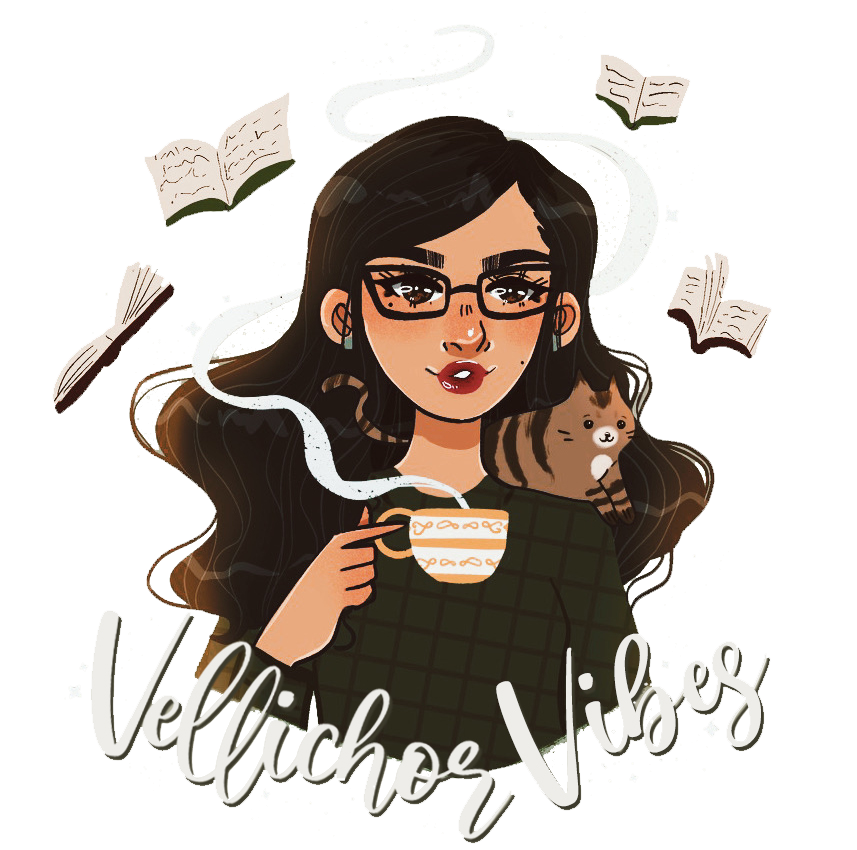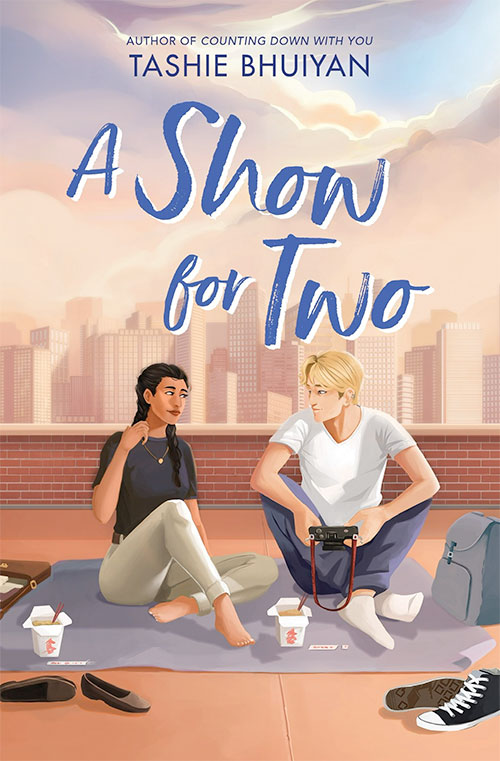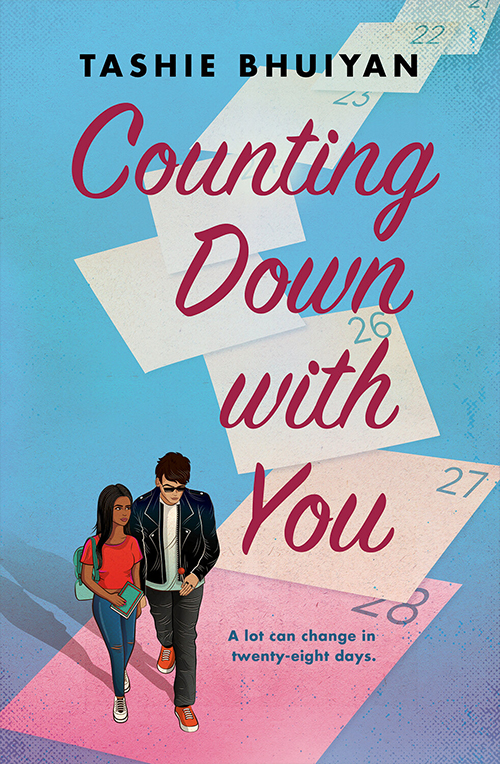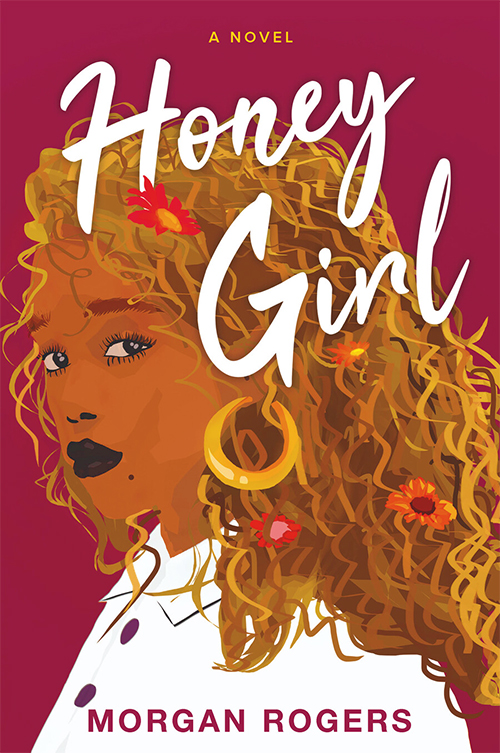The Witch and the Vampire by Francesca Flores is a young adult, queer Rapunzel retelling set in a fantasy world where witches and vampires coexist. The novel follows Ava and Kaye, who used to be best friends until the fateful night when Kaye’s mother was murdered and Ava was turned into a vampire against her will. Struggling to overcome their own personal traumas, their relationship is tested when they must put aside their differences to confront a looming threat against their community. With its blend of romance, adventure, and suspense, this novel delves into a supernatural realm of magic made thorny by the prickly complexities of family loyalties.
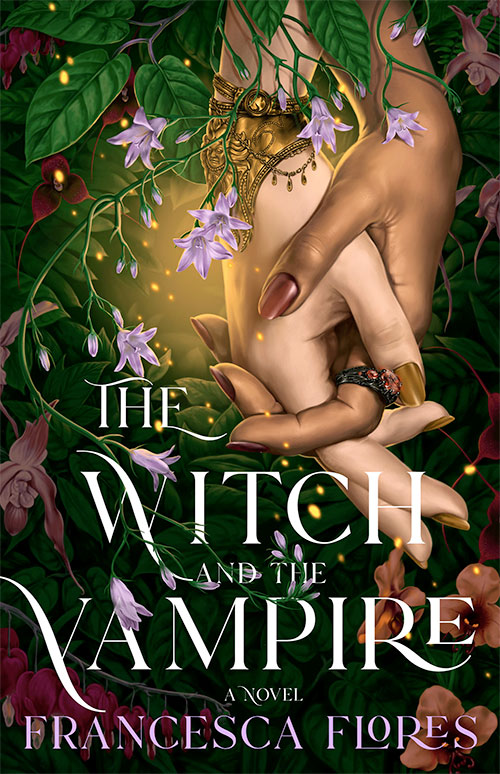
I can’t accept it as coincidence that Ava disappeared that same day, and I saw her with blood on her chin a few days later.
Francesca Flores, The Witch and the Vampire
While the premise is compelling, the pacing and worldbuilding is where this novel falls short. The story feels rushed and formulaic at times, with pivotal events unfolding too quickly, and plot twists being entirely too predictable. The combining of vampire and witch lore was initially intriguing, but I was constantly confused as to why only Ava was a vampire who retained her witch powers. Her mother keeps it a secret to use for her own benefit, but it’s never quite clear if Ava’s an anomaly, or if it’s common knowledge that she would have retained her powers due to how she was turned into a vampire.
I often found myself craving more details, especially when it came to why vampires and witches hate each other. I was looking for nuanced conversations or metaphors about the racial and species prejudices in this world, but all I got was a “fantasy” where those prejudices just get to exist without question. For instance, Kaye, who was told her mother was murdered by a vampire but has no other evidence to prove it, sees her best friend Ava in a tower with blood on her face a few days later and somehow decides Ava did it. She…allegedly murdered her best friend’s mother and just didn’t wash her face for days. And that’s all it takes to rewire Kaye’s entire personality. Uh…what? Make it make sense!
And speaking of Ava’s mother — the woman murders her own daughter and turns her into a vampire against her will, keeps her imprisoned, siphons off her power, and emotionally manipulates her. All that sounds incredibly traumatizing, especially since Ava makes the brave decision to run away and rescue herself from this life; however, Flores’ treatment of this storyline is flippant. It’s simply a passing detail, and is yet another aspect of the novel that I really would have liked to see fleshed out. What was her mother’s motive? Were there no warning signs for the first sixteen years of Ava’s life?
Had she stared at the same moon those long nights and wished to be with me too?
Francesca Flores, The Witch and the Vampire
On a positive note, I enjoyed Flores’ accessible writing, and particularly the beautiful prose as Ava and Kaye pine for one another. Whether it be for their lost friendship or their budding romance, it’s easy for readers to relate to the yearning and inner turmoil each girl experiences. Flores excels at illustrating this sapphic romance, and I especially enjoyed the parts in the first half of the book when the girls travel through the forest and skirt around each other after two years apart. However, I constantly had trouble telling Ava and Kaye apart! Maybe it’s just me, but I felt their personalities and voices often blended together, and the girls lacked the depth needed to truly resonate as fully developed characters.
The Witch and the Vampire is a one-dimensional, predictable sapphic romance, and the worldbuilding and pacing leaves much to be desired. I really wanted to love this book, but it was a letdown in almost every way. So much potential was left on the table, and the Rapunzel foundation of this retelling is almost an afterthought! (Honestly, it seems more like a Tangled retelling, though just barely.) A standalone novel simply doesn’t have the room Flores required to successfully weave the rich tapestry of the world she created. The potential for something truly immersive and captivating is there, but the execution simply is not.
Thank you to NetGalley and Wednesday Books for sharing an advanced reader copy of this book in exchange for an honest review.
